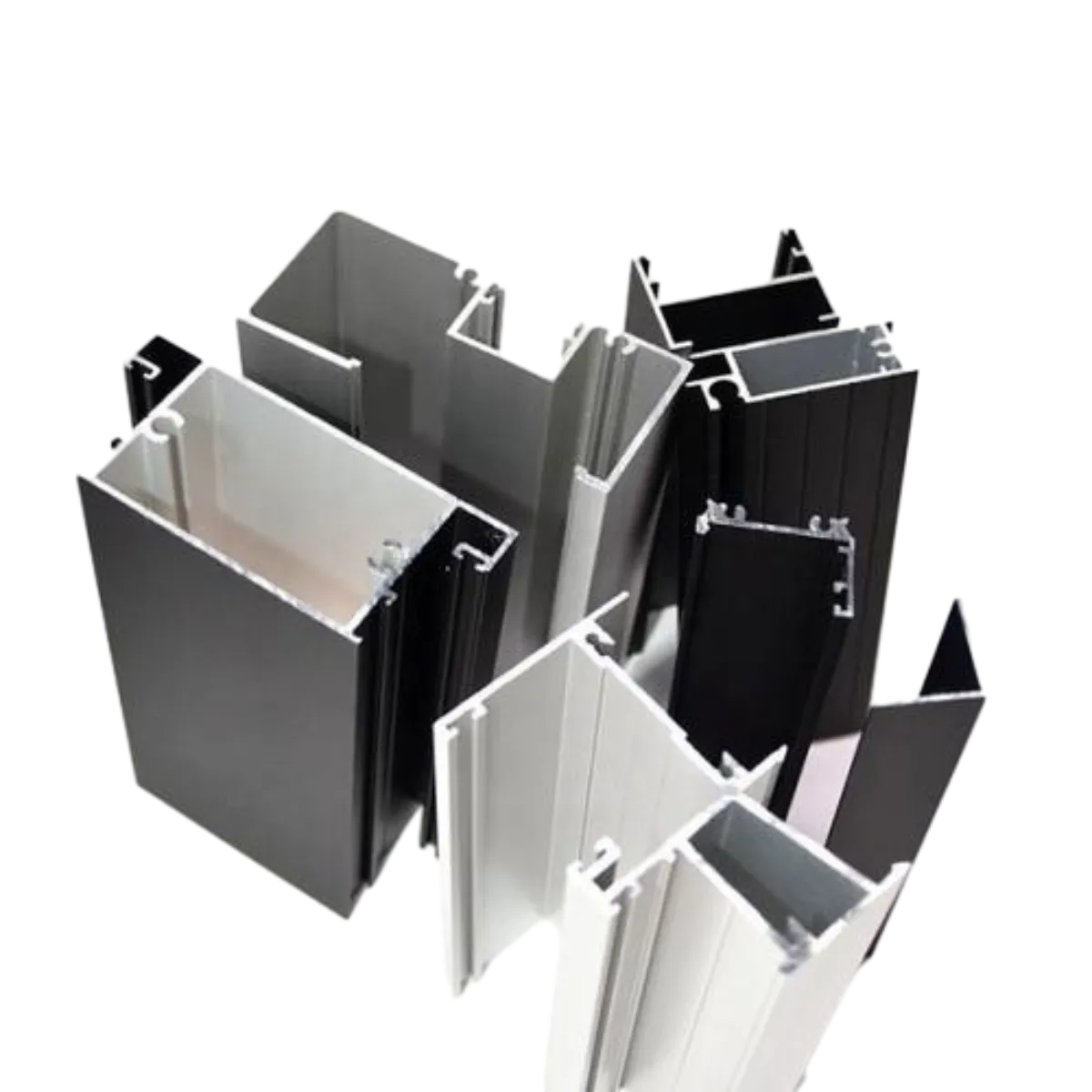cast iron finials
The Beauty and Versatility of Cast Iron Finials
Cast iron finials have long been cherished for their aesthetic appeal and practical uses in architecture and design. These decorative elements grace rooftops, fences, gates, and even garden structures, lending an air of elegance and sophistication. As an enduring symbol of timeless design, cast iron finials come in a myriad of styles, shapes, and sizes, each contributing its unique character to the structures they adorn.
Historical Context
The use of finials dates back to ancient civilizations, where they served both decorative and functional purposes. In the realms of architecture, finials were often used to crown spires and rooftops, serving as a visual focal point that completed the design of a building. The Victorian era marked a significant resurgence in the popularity of cast iron, as industrial advancements made it more accessible to artisans and builders alike. Finials crafted during this time often featured intricate details and elaborate designs, showcasing the craftsmanship and artistic fervor of the period.
Materials and Craftsmanship
Cast iron itself is an alloy of iron, carbon, and silicon, known for its durability and strength. The process of casting iron involves pouring molten metal into molds, allowing for a high degree of detail and complexity in the final product. This method enables artisans to create intricate designs that would be challenging to achieve with other materials. The beauty of cast iron finials lies not only in their ornate patterns but also in the richness of their texture and the way they weather over time, developing a unique patina that enhances their charm.
Design Options
One of the most appealing aspects of cast iron finials is the variety of designs available
. From simple geometric shapes to elaborate floral motifs, the options are nearly endless. Common designs include spheres, spires, acorns, and leaves, which can be selected based on the architectural style of the structure they will embellish. For instance, a traditional Victorian home might be complemented by ornate finials featuring intricate scrollwork, while a more contemporary building might opt for sleek, minimalist designs.cast iron finials

Furthermore, cast iron finials can also be customized to fit specific needs or preferences. By working with skilled artisans or manufacturers, home and business owners can design bespoke finials that reflect their personal style or complement their existing aesthetic.
Practical Uses
Beyond their decorative elements, cast iron finials serve practical purposes as well. They can act as protective caps for the tops of fence posts or gates, preventing moisture from entering and causing deterioration. Additionally, they may also serve as distinguishing features that denote property lines or enhance security. In garden settings, finials can provide a focal point, drawing the eye and creating visual interest among the plants and pathways.
Maintenance and Care
Cast iron finials, while durable, do require some maintenance to preserve their beauty and integrity. Regular cleaning with mild soap and water can help prevent rust buildup, especially in humid climates. When necessary, a protective coating can be applied to ward off corrosion and extend the lifespan of the finial. For those who appreciate the beauty of aging iron, allowing it to develop a natural patina can also be a desirable option.
Conclusion
Cast iron finials are more than mere decorative elements; they embody a rich history of craftsmanship and design that continues to resonate in today’s architectural styles. Their versatility makes them applicable in various settings, from residential homes to public buildings, and their long-lasting nature ensures that they can withstand the test of time. Whether you are looking to add a touch of elegance to your property, denote a boundary in a garden, or simply appreciate the artistry involved in their creation, cast iron finials are an excellent choice. As we move forward, it is essential to celebrate and preserve these exquisite pieces of design that enrich our living spaces and connect us to the past.
-
Wrought Iron Components: Timeless Elegance and Structural StrengthNewsJul.28,2025
-
Window Hardware Essentials: Rollers, Handles, and Locking SolutionsNewsJul.28,2025
-
Small Agricultural Processing Machines: Corn Threshers, Cassava Chippers, Grain Peelers & Chaff CuttersNewsJul.28,2025
-
Sliding Rollers: Smooth, Silent, and Built to LastNewsJul.28,2025
-
Cast Iron Stoves: Timeless Heating with Modern EfficiencyNewsJul.28,2025
-
Cast Iron Pipe and Fitting: Durable, Fire-Resistant Solutions for Plumbing and DrainageNewsJul.28,2025
-
 Wrought Iron Components: Timeless Elegance and Structural StrengthJul-28-2025Wrought Iron Components: Timeless Elegance and Structural Strength
Wrought Iron Components: Timeless Elegance and Structural StrengthJul-28-2025Wrought Iron Components: Timeless Elegance and Structural Strength -
 Window Hardware Essentials: Rollers, Handles, and Locking SolutionsJul-28-2025Window Hardware Essentials: Rollers, Handles, and Locking Solutions
Window Hardware Essentials: Rollers, Handles, and Locking SolutionsJul-28-2025Window Hardware Essentials: Rollers, Handles, and Locking Solutions -
 Small Agricultural Processing Machines: Corn Threshers, Cassava Chippers, Grain Peelers & Chaff CuttersJul-28-2025Small Agricultural Processing Machines: Corn Threshers, Cassava Chippers, Grain Peelers & Chaff Cutters
Small Agricultural Processing Machines: Corn Threshers, Cassava Chippers, Grain Peelers & Chaff CuttersJul-28-2025Small Agricultural Processing Machines: Corn Threshers, Cassava Chippers, Grain Peelers & Chaff Cutters












